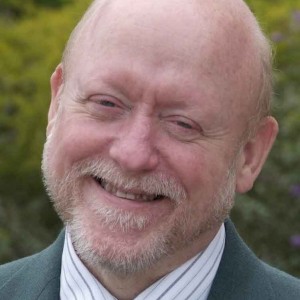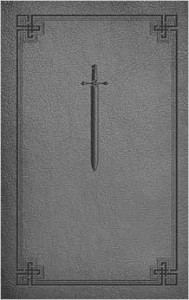Podcast: Play in new window | Download (Duration: 29:29 — 20.3MB) | Embed
Subscribe: Apple Podcasts | Spotify | Amazon Music | Android | Pandora | iHeartRadio | JioSaavn | Podchaser | Gaana | Podcast Index | Email | TuneIn | Deezer | Anghami | RSS | More

Dr. Matthew Bunson discusses the life, times and teachings of St. John of Avila
-
Born: January 6, 1499, Almodóvar del Campo, Spain
-
Died: May 10, 1569, Montilla, Spain
From Vatican.va, an excerpt from the teachings of Pope Benedict XVI
From the General Audience on St. John of Avila
Master Avila was not a university professor, although he had organized and served as the first rector of the University of Baeza. He held no chair in theology, but gave lessons in sacred Scripture to lay people, religious and clerics.
He never set forth a systematic synthesis of his theological teaching, yet his theology was prayerful and sapiential. In his Memorial II to the Council of Trent, he gives two reasons for linking theology and prayer: the holiness of theological knowledge, and the welfare and upbuilding of the Church. As befitted a true humanist endowed with a healthy sense of realism, his was a theology close to life, one which answered the questions of the moment and did so in a practical and understandable way.
The teaching of John of Avila is outstanding for its quality and precision, and its breadth and depth, which were the fruit of methodical study and contemplation together with a profound experience of supernatural realities. His abundant correspondence was soon translated into Italian, French and English.
For more visit Vatican.va
Dr. Matthew E. Bunson is a Register senior editor and a senior contributor to EWTN News. For the past 20 years, he has been active in the area of Catholic social communications and education, including writing, editing, and teaching on a variety of topics related to Church history, the papacy, the saints, and Catholic culture. He is faculty chair at Catholic Distance University, a senior fellow of the St. Paul Center for Biblical Theology, and the author or co-author of over 50 books including The Encyclopedia of Catholic History, The Pope Encyclopedia, We Have a Pope! Benedict XVI, The Saints Encyclopedia and best-selling biographies of St. Damien of Molokai and St. Kateri Tekakwitha.

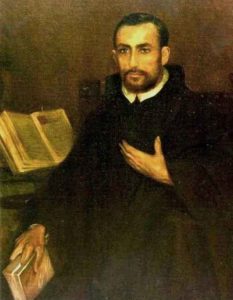
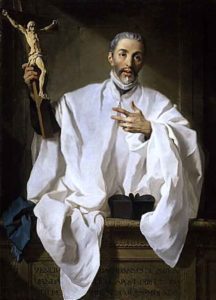 3. John of Avila was a contemporary, friend and counsellor of great saints, and one of the most celebrated and widely esteemed spiritual masters of his time.
3. John of Avila was a contemporary, friend and counsellor of great saints, and one of the most celebrated and widely esteemed spiritual masters of his time.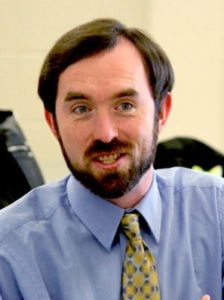 Dr. Vincent Ryan joins us to discuss Sven Stolpe’s “The Maid of Orleans: The Life and Mysticism of Joan of Arc”.
Dr. Vincent Ryan joins us to discuss Sven Stolpe’s “The Maid of Orleans: The Life and Mysticism of Joan of Arc”.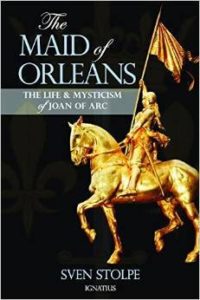
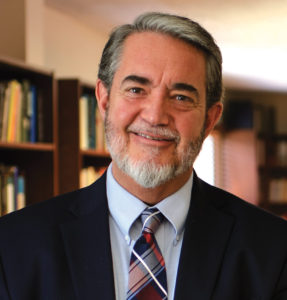
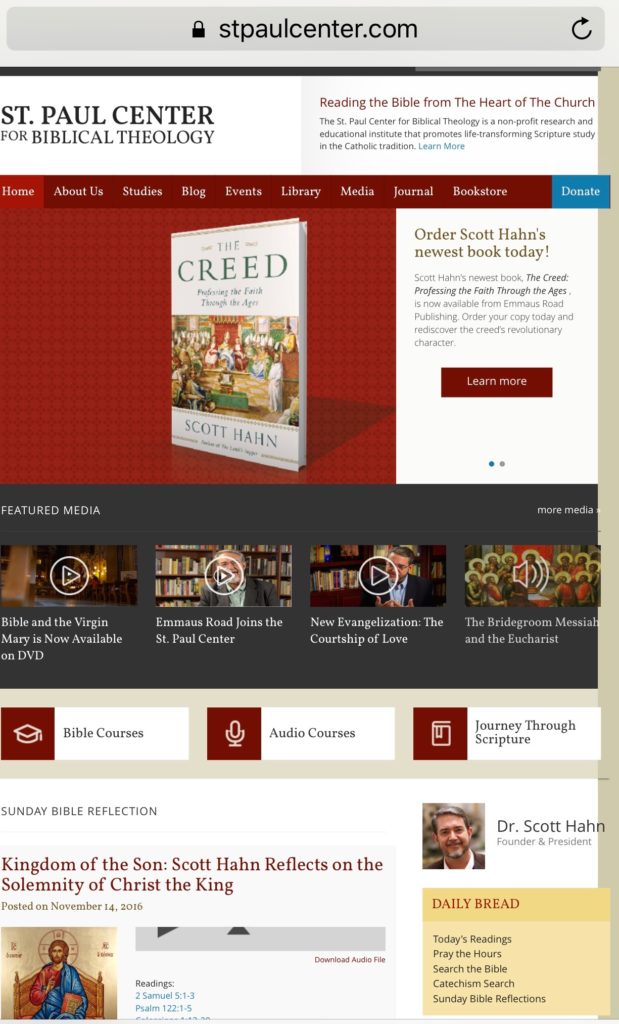
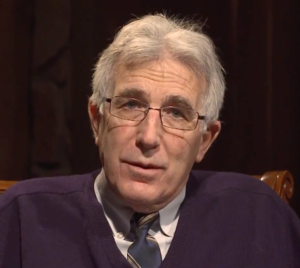
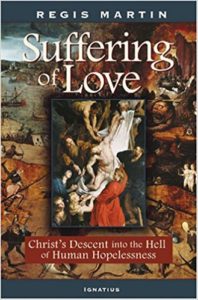

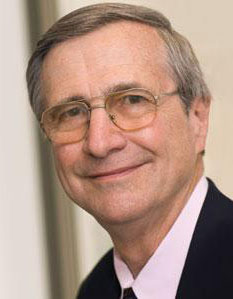 Once again a spiritual classic has been given to us from the prolific Catholic philosopher Dr. Peter Kreeft!. “How to be Holy: First Steps in Becoming a Saint” derives it’s direction from the incredible “Abandonment to Divine Providence” by Jean-Pierre de Caussade, S.J. and it’s simple message that God reveals himself through the daily events of our lives. How we respond is the key to faith and our opportunity to grow in holiness. Do you place your trust the Father’s will? Can you respond in love? Do you truly believe Romans 8:28 “We know that in everything God works for good with those who love him, who are called according to his purpose” (RSV)? To be holy, we must take the first step…Dr. Kreeft shows us the way. Outstanding!
Once again a spiritual classic has been given to us from the prolific Catholic philosopher Dr. Peter Kreeft!. “How to be Holy: First Steps in Becoming a Saint” derives it’s direction from the incredible “Abandonment to Divine Providence” by Jean-Pierre de Caussade, S.J. and it’s simple message that God reveals himself through the daily events of our lives. How we respond is the key to faith and our opportunity to grow in holiness. Do you place your trust the Father’s will? Can you respond in love? Do you truly believe Romans 8:28 “We know that in everything God works for good with those who love him, who are called according to his purpose” (RSV)? To be holy, we must take the first step…Dr. Kreeft shows us the way. Outstanding!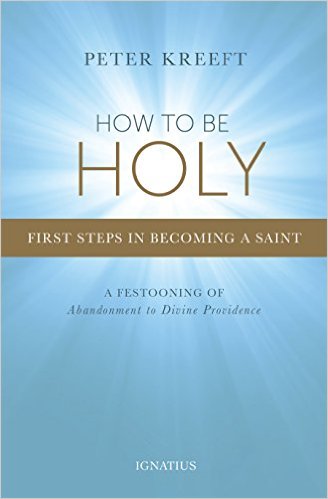

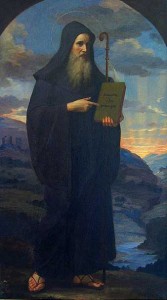 CHAPTER 7
CHAPTER 7